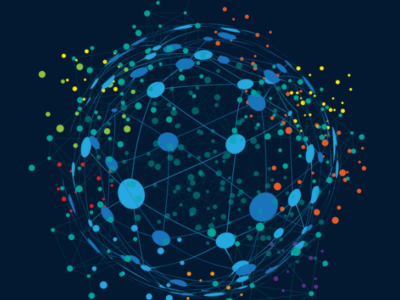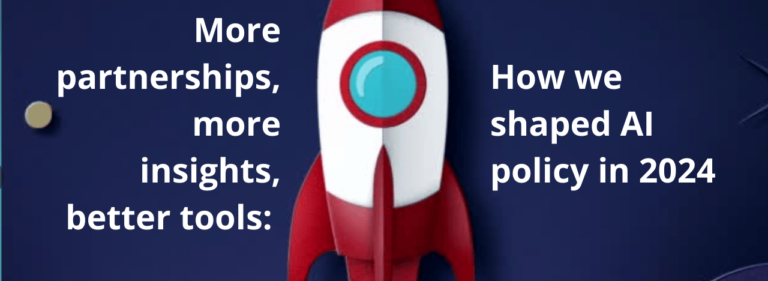AI & Health
AI provides hope for health systems facing multiple crises, but its use in healthcare creates concerns about the privacy of sensitive data and liability from using black box algorithms. The OECD helps governments to develop policies that enable responsible AI in healthcare.
Overview
However, realizing the full potential of AI in healthcare by scaling it across institutions, regions, nations and internationally has proved to be challenging. In some cases, the barriers to scale are appropriate – for example to assure the appropriateness and safety of AI solutions –; while in others the barriers to scale are due to lack of coherent data and digital foundations, suboptimal governance not incentivizing scaling, and issues with trust in and understanding of AI solutions.
In January 2024, the OECD and its health ministers identified an action plan to enable responsible AI in healthcare. Steps include adopting a nimble approach to regulating and overseeing AI in health, establishing public-private and person-provider partnerships, elevating health data governance, and engaging in international collaboration and leadership.
































